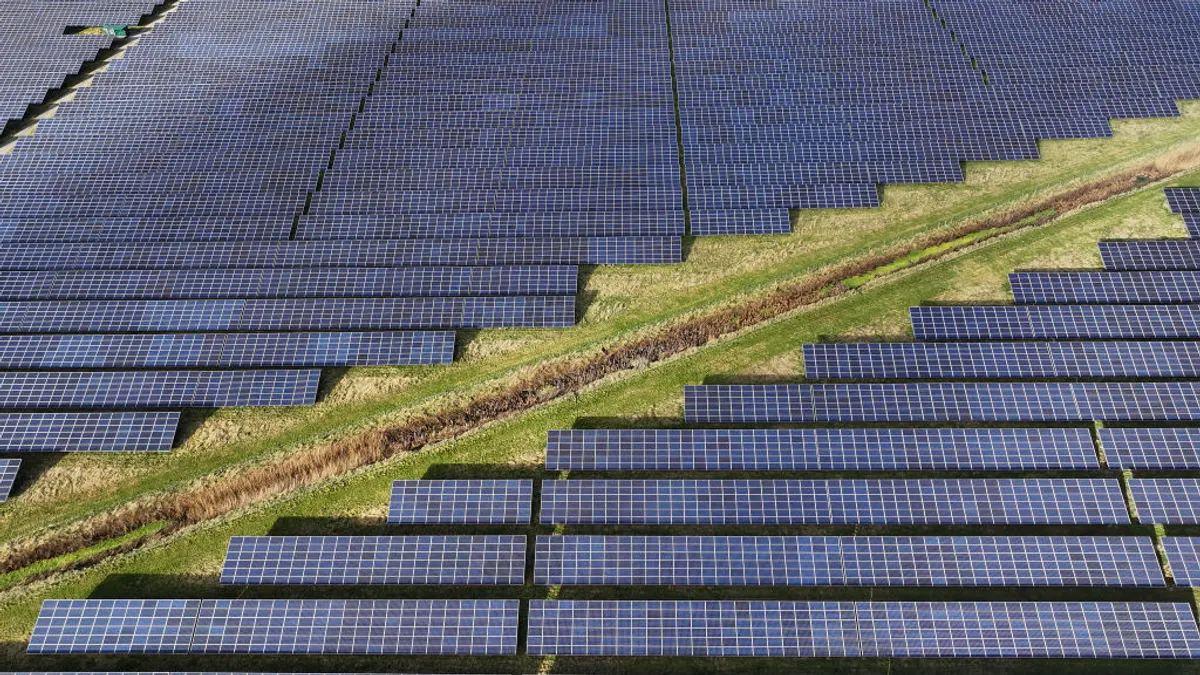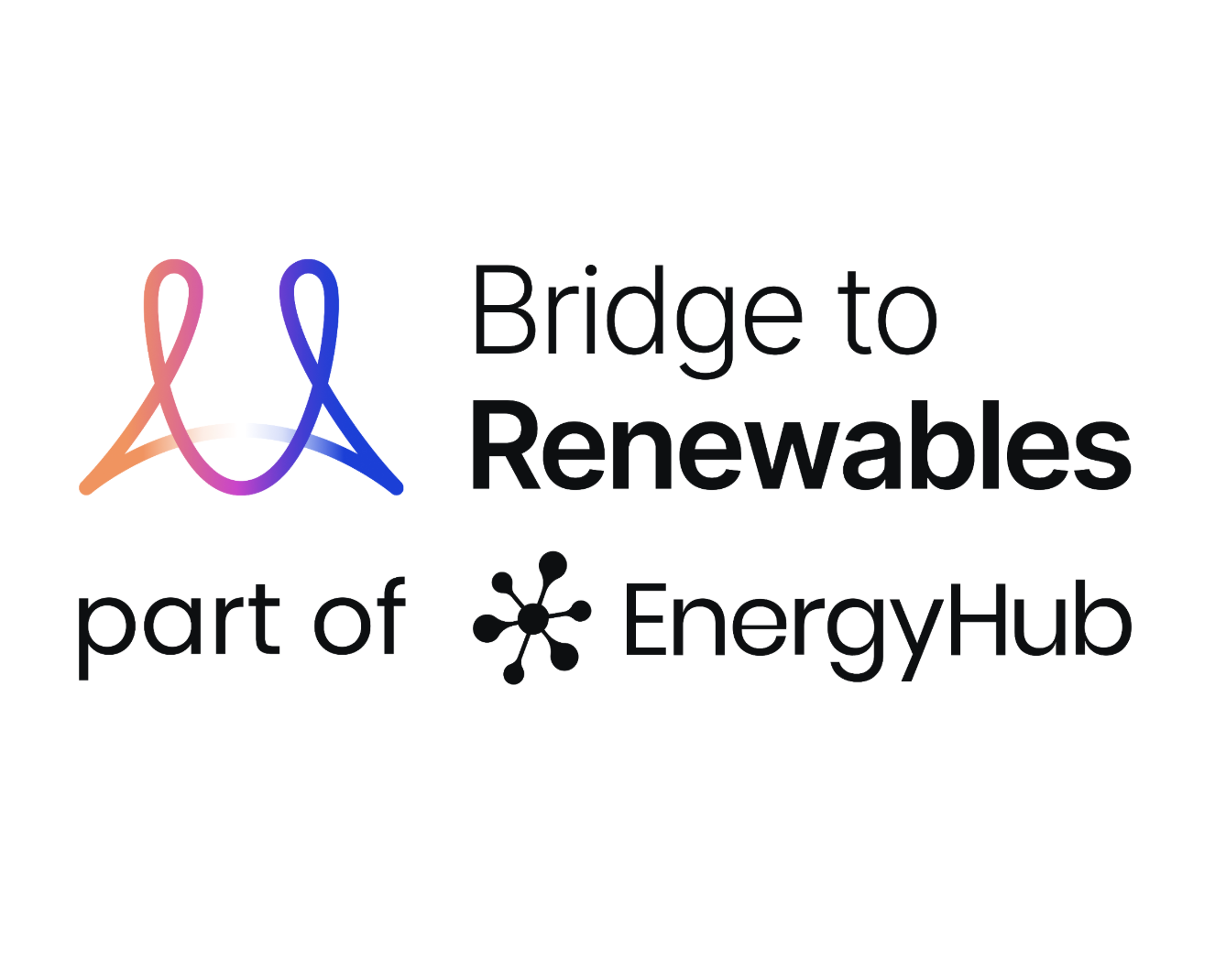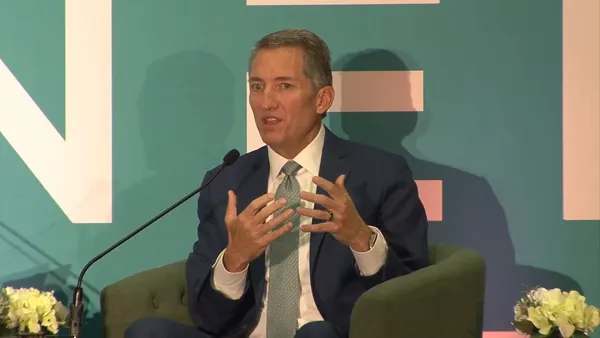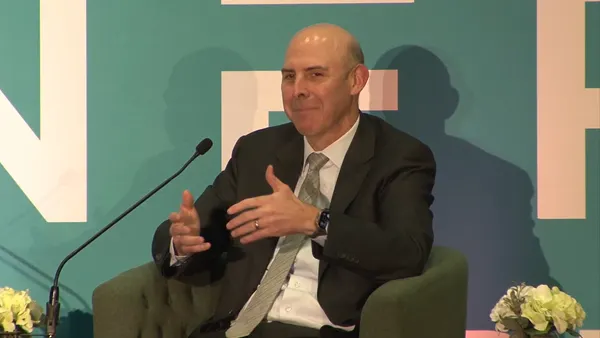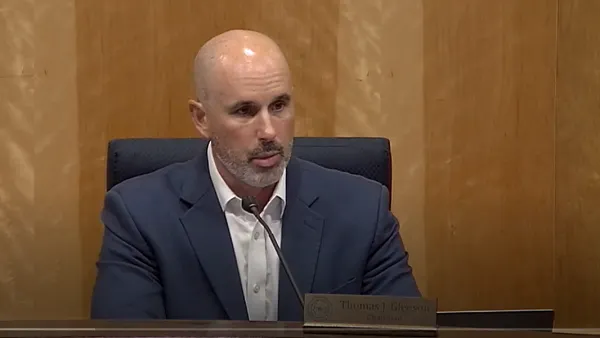NextEra Energy had an impressive year in 2020, expanding its pipeline of renewables projects to the largest in company history, piloting green hydrogen production and delivering power through its Florida Power & Light (FPL) utility subsidiary in the face of a global pandemic and record-breaking hurricane activity.
NextEra Energy Resources has a renewables backlog of more than 15,000 MW, surpassing the business' existing renewables portfolio, the company said in its third-quarter earnings report, released in October.
NextEra's efforts to expand via a utility acquisition have come up dry so far, but the company could see a boost under a Biden presidency, which experts say will lead to higher utility investment in clean energy.
Stephen Byrd, an analyst at Morgan Stanley, sees the company as a leader on renewables, and says investors are responding. In October, the company's market cap topped $145 billion, making it larger than ExxonMobil.
"They're the number one player in terms of renewable energy, and they are quite innovative," Byrd said. The company's stock has climbed from about $60/share in January to more than $75/share last month.
"On the non-utility side they've created real economic value with renewables," said Byrd. The high return on investment associated with renewables "is a huge driver of the stock price," he said.
NextEra Energy Resources' wind, solar and storage backlog
Some of NextEra's success is being driven by its utility subsidiary, which is investing in solar and green hydrogen.
At FPL, "all of the major capital projects, including one of the largest solar expansions ever in the U.S., remain on track," Chief Financial Officer Rebecca Kujawa said during the company's third quarter earnings call in October. The utility's typical residential bill remains 30% below the national average, she added, and is "the lowest among all of the Florida investor-owned utilities."
The utility is building out its 1,600 MW community solar program — the largest such program in the U.S. — and expects the final 600 MW in service next year.
FPL is "really best in class," said Byrd. "They've kept bills low and their reliability is high."
Byrd noted that while FPL did wait to build large amounts of solar once the resource fell in price, "they went from fairly modest amounts to one of the biggest programs in the U.S."
That reflects the company's approach to new resources and its caution in spending capital, said FPL spokesperson Bill Orlove.
"We take a toe-in-the-water approach" on new technologies, Orlove said.
FPL is similarly piloting green hydrogen, through a $65 million program to replace some natural gas burned at the utility's Okeechobee power plant. If approved by regulators, Orlove said the project could be operational by the end of 2023.
Cheap renewable power is one part of the green hydrogen value chain, and NextEra is a leader there. "This could be a new area of growth for their renewables products," said Byrd. However, the biggest near-term opportunities for green hydrogen are likely in transportation, he said, not bulk power.
While NextEra has struggled to close a large utility M&A deal, in 2019, the company successfully purchased Gulf Power, the main electric utility in northwest Florida with 450,000 customers.
"The Gulf Power transaction is a great example of true economic value creation," said Byrd, pointing to NextEra's ability to help the utility build renewables cheaper.
Duke Energy turned down a reported $60 billion buyout offer from NextEra this fall. NextEra was also rebuffed after a $15 billion offer for Kansas-based Evergy, following bids in previous years for Oncor Electric and Hawaiian Electric.
They've remained disciplined," Byrd said of NextEra's acquisition attempts. They have pursued transactions, but "walked away" from deals "if they disliked the terms," he said.
FPL maintained reliability throughout a record hurrican season, while dealing with COVID-19.
The utility sent mutual assistance crews to Gulf's territory this year, following Hurricane Sally, and actively helped other utilities in this "unprecedented hurricane season," Orlove said.
While FPL has had to rely on mutual aid in the past, the utility's resilience efforts, including system hardening and power line undergrounding, are paying off. "This year we were able to return the favor," said Orlove, by deploying mutual aid workers five times.


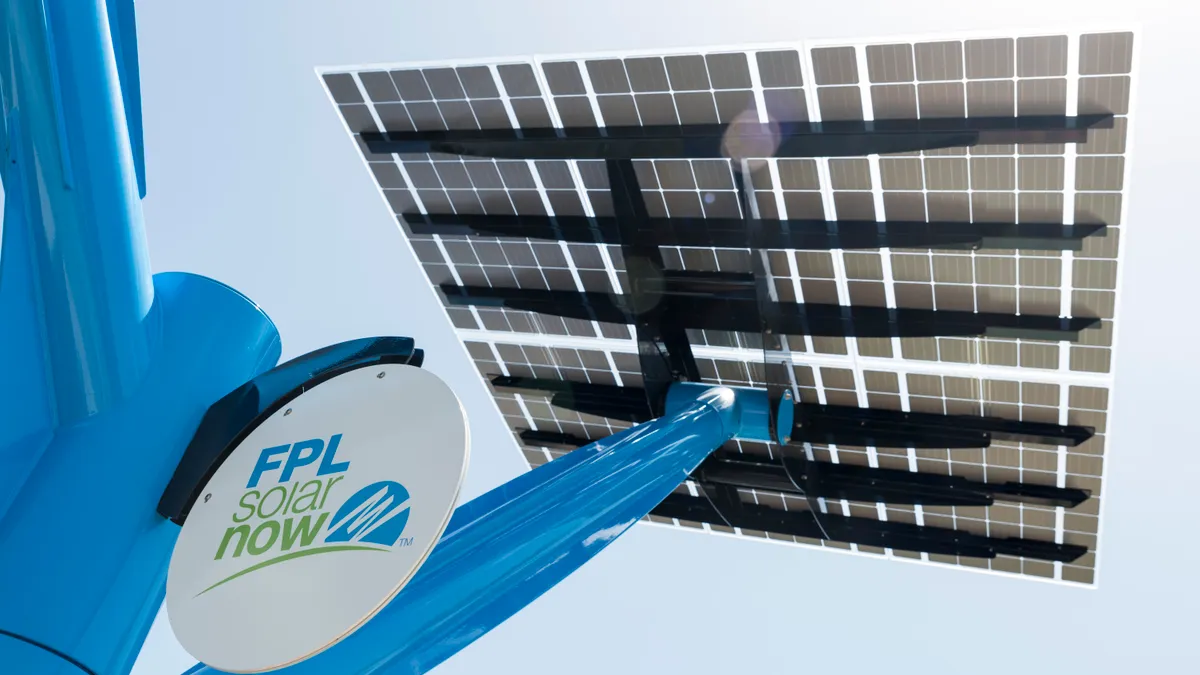
 Read more
Read more


